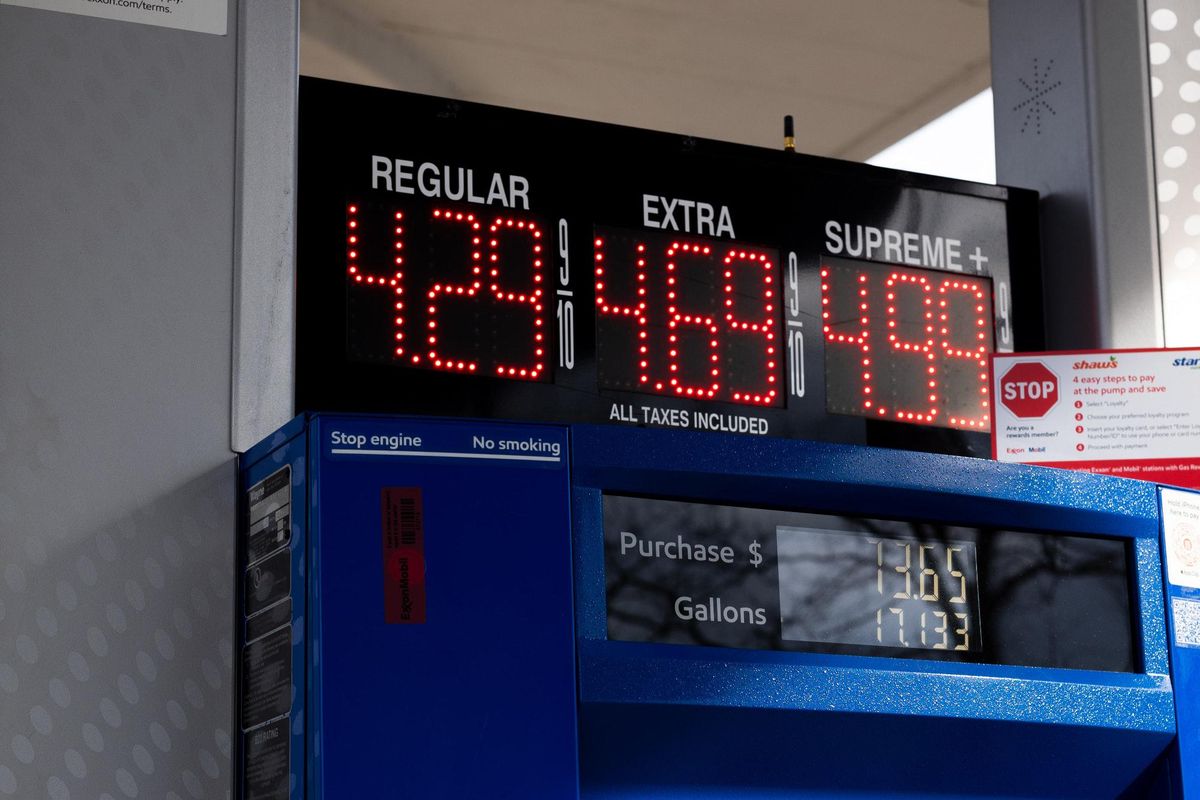
This past Thursday was an important anniversary in our stormy marriage to fossil fuels.
Lest we think that only Republicans are beholden to Big Oil: On March 31, 2010, President Obama announced an ambitious expansion of offshore oil and gas development, saying oil rigs “generally don’t cause spills.” Three weeks later, the Deepwater Horizon explosion killed 11 workers and spilled for months.
Obama relented as the spill grew into the worst in U.S. history. There would be no effort to expand U.S. offshore activity, at least until Trump’s election. Concern over fossil fuels and their central impact on climate change also grew. Then it didn’t.
We have an unfortunate history of forsaking climate and energy concerns for the issue of the day, or the issue(s) of the coming election—even as our time to act on climate change grows desperately short.
OMG! 53 cents a gallon for gas!!
The 1973 OPEC oil embargo dried up U.S. gasoline supplies, prompted hours-long lines to fill up, and prices spiked from 39 cents a gallon (!!) to an unheard-of 53 cents in 1974. (Those 53 cents, adjusted to 2022 values, would be about $3.15 today.)
In the name of conserving gas, several states enacted lower speed limits, and in January 1975, President Gerald Ford signed the Emergency Highway Energy Conservation Act, which kept all highway speed limits nationwide at 55 mph.
Did America’s car culture go into a coast-to-coast hissy fit over the price hikes, the long lines and the slowdown?
Surprisingly, no. The long gas lines subsided. People sucked it up on the higher gas prices, and, for the most part, commuters, truckers, gearheads, motorcycle cops, and just about everyone else simply ignored the 55 mph mandate.
Studies in California and Connecticut showed near-universal disdain, with 80%-to-85% of freeway drivers flipping the figurative bird at this well-intended effort to lessen pollution, fuel use, and maybe even some traffic deaths.
The coup de gras came in 1984, when rock-n-roller Sammy Hagar topped the charts with I Can’t Drive 55, the ultimate nonconformist anthem to conformity.
The 55 mph speed limit stayed quietly on the federal books until 1995. By then, few remembered why we’d had the widely ignored law in the first place.
Drill Baby Drill….
What was a GOP battle cry in the 2008 election has morphed into today’s Big Oil strategy for the Ukraine crisis: Take the regulatory reins off domestic oil and gas operators. Never mind that we’re already in a period of record fossil fuel profits, and that U.S. imports of Russian fuel are negligible.
Am I venting? Like methane from a North Dakota gas well.
But it’s frustrating to see a big crisis get so much bigger, in plain view, while we fiddle on climate action.
Peter Dykstra is our weekend editor and columnist and can be reached at pdykstra@ehn.org or @pdykstra.
His views do not necessarily represent those of Environmental Health News, The Daily Climate, or publisher Environmental Health Sciences.
Banner photo credit: Yassine Khalfalli/Unsplash

